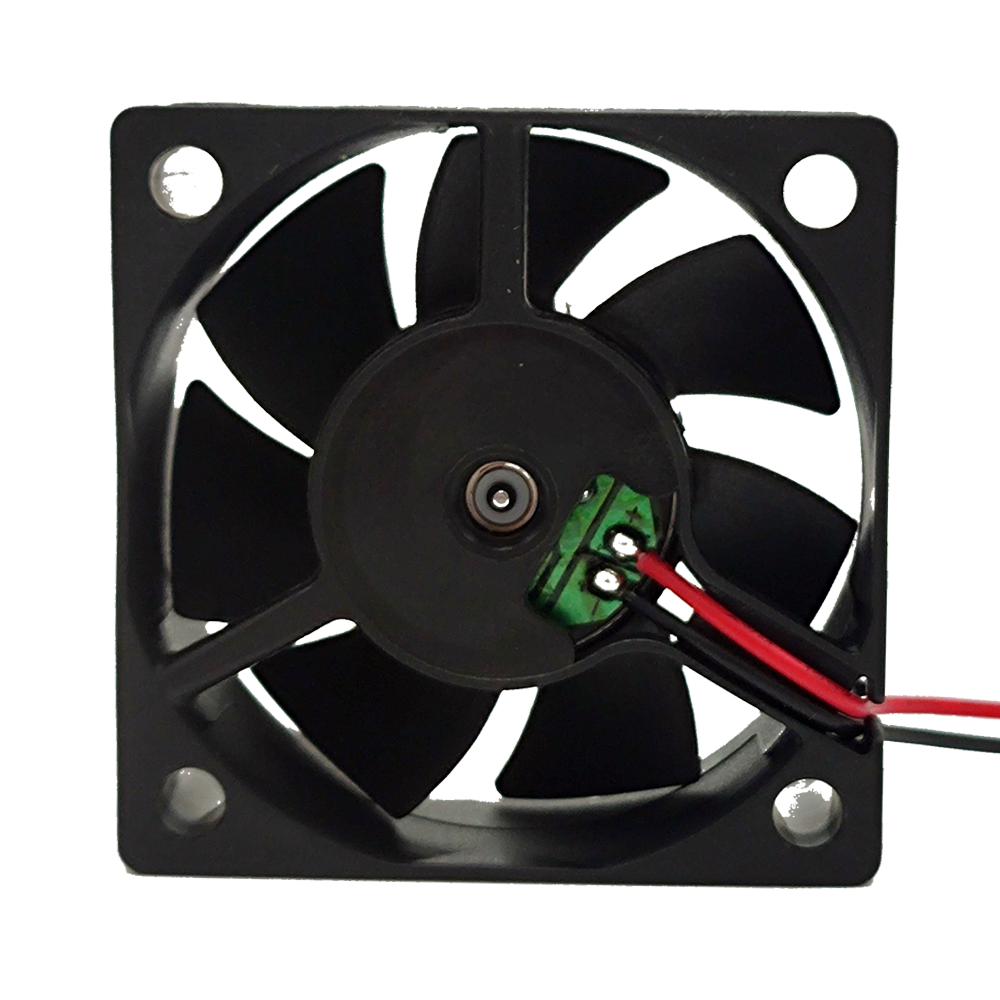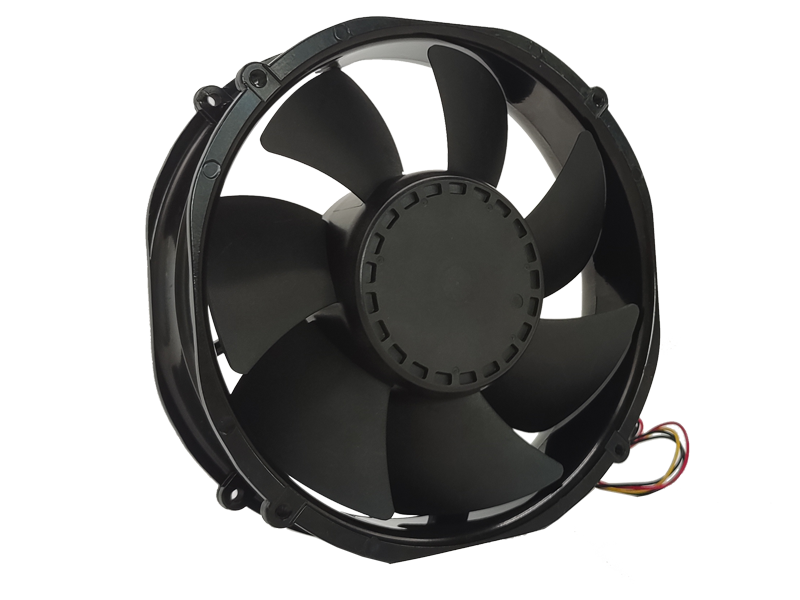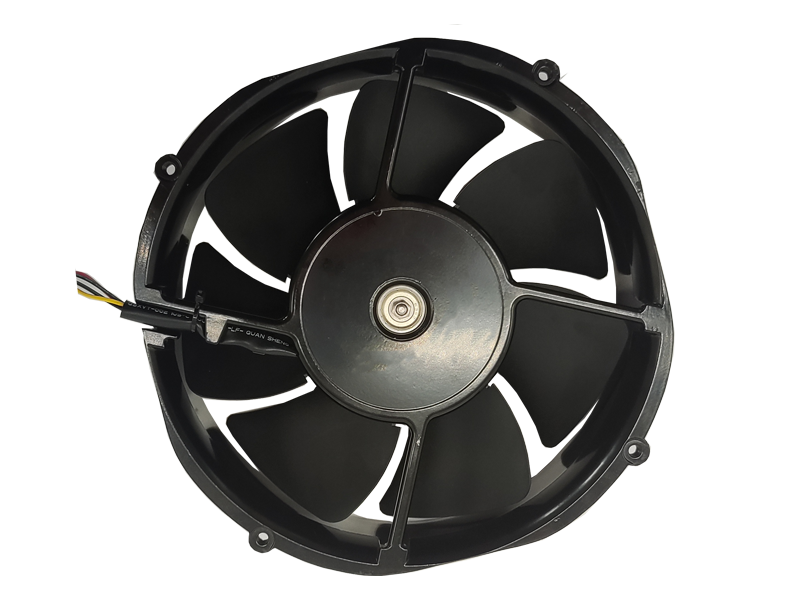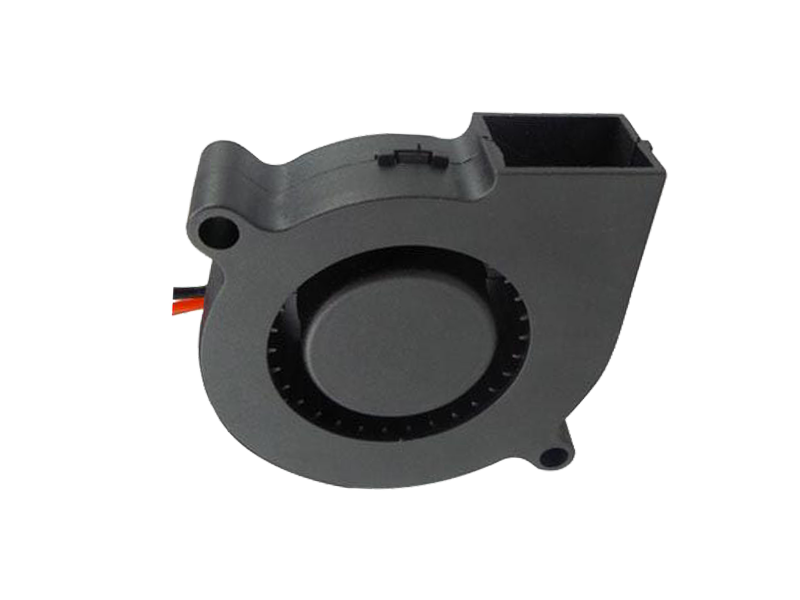Industrial fans, once viewed as commodity equipment, are undergoing a renaissance driven by computational fluid dynamics (CFD) and advanced materials science. Modern industrial fans are no longer static air movers—they are dynamic systems optimized for specific environments, balancing airflow, noise, and energy consumption through precision engineering.
1.1 CFD-Driven Blade Optimization
Traditional fan blades were designed using empirical methods, often resulting in suboptimal performance. CFD simulations now enable engineers to model air behavior at granular scales. A case study of a manufacturing plant in Southeast Asia revealed that a CFD-optimized fan reduced energy use by 28% while improving air circulation by 40%. The non-uniform blade spacing and variable pitch angles, designed to minimize turbulence, demonstrated how computational tools can unlock previously untapped efficiency gains.
1.2 Composite Materials for Harsh Environments

Industrial fans in mining or chemical plants face abrasive particles and corrosive fumes. Carbon fiber-reinforced polymer (CFRP) blades now offer a solution, with 3x longer lifespan than steel in such conditions. A German manufacturer reported a 65% reduction in maintenance costs after switching to CFRP, despite a 50% higher upfront investment. The material’s lightweight nature also reduces motor strain, cutting energy consumption by 15%.
1.3 Swirling Jet Technology for Stratified Air
In warehouses with high ceilings, conventional fans struggle to destratify air. Swirling jet fans, which eject air in a helical pattern, create a "mixing zone" that disrupts thermal layers. A U.S. logistics firm reported a 5°C reduction in ground-level temperature after installation, leading to 12% lower HVAC costs. This innovation highlights how fan design can directly impact building energy performance.
1.4 IoT-Enabled Adaptive Control
Smart fans equipped with environmental sensors adjust speed and direction in real time. A food processing plant in Brazil reduced energy use by 35% using such systems, as fans automatically throttled during low-occupancy periods. Predictive algorithms now forecast demand based on weather data, further optimizing performance. This convergence of IoT and fluid mechanics represents a paradigm shift in industrial ventilation.
Recommended Products

The main purpose:Car charging station

The main purpose:Car charging station

The main purpose:Electronic refrigerators, water dispensers, direct drinking machines, inverter power supplies
Address:No. 4137, Longgang Avenue (Henggang Section), Henggang Community, Henggang Street, Longgang District, Shenzhen
hotline:13530005572(Chen)15112579390(Li)


Welcome all friends to come for consultation and negotiation.
Copyright 2024 @ Shenzhen Youneng Xinyuan Electronics Co., Ltd.,(industrial fans,industrial blowers,axial fans,cooling fans manufacturer,centrifugal fans,ac cooling fans,dc cooling fans)